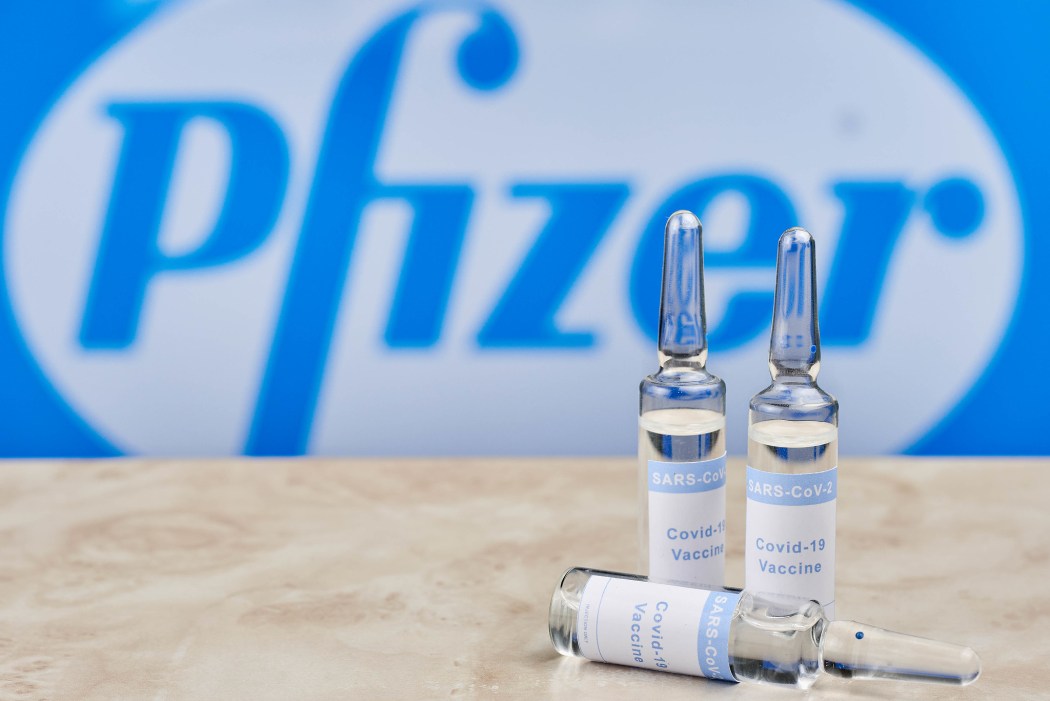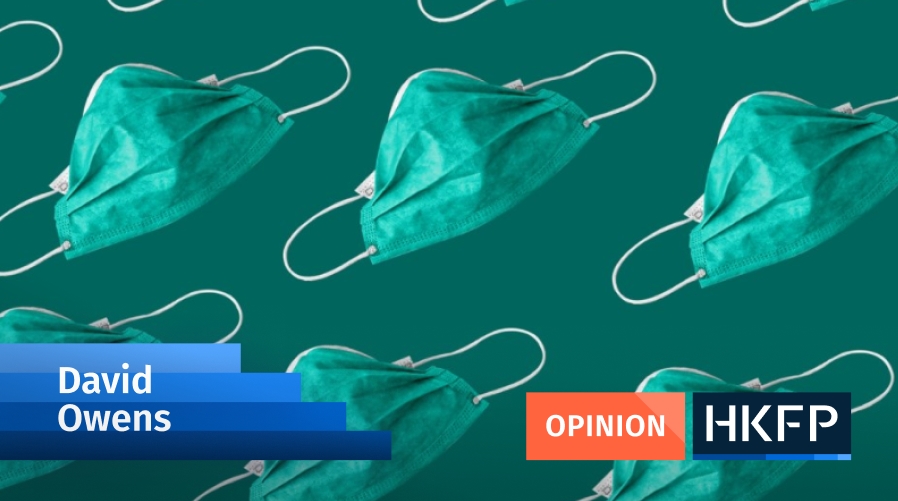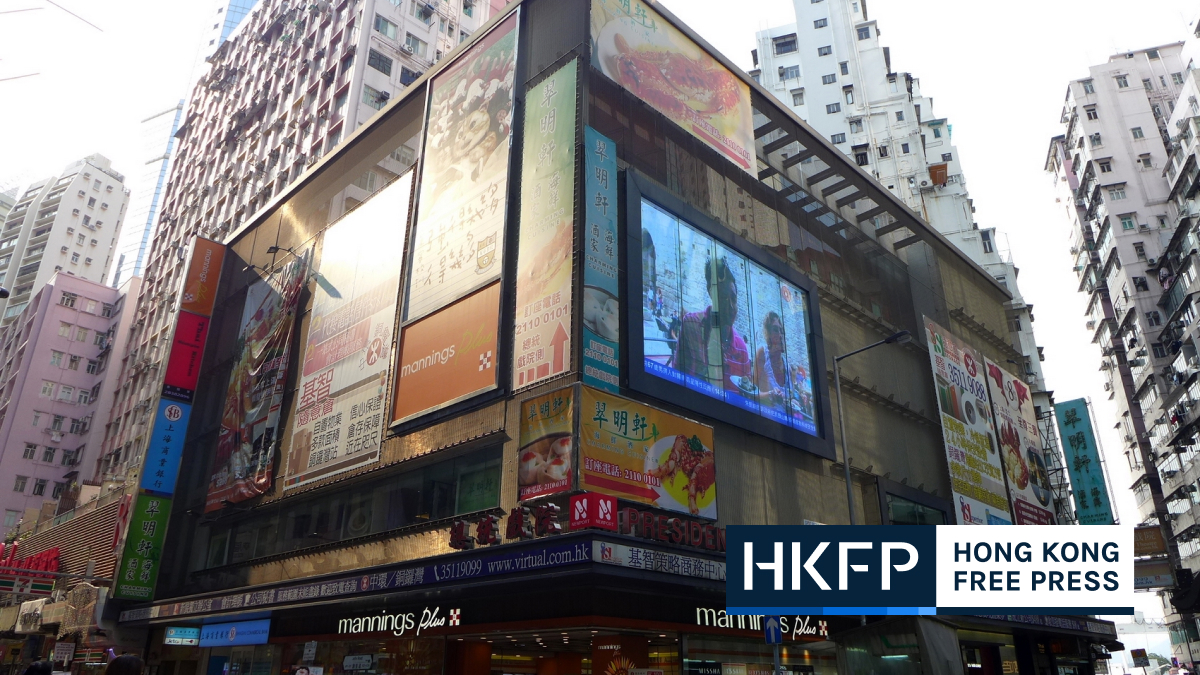People who received the BioNTech Covid-19 vaccine demonstrated close to 10 times higher the average level of antibodies than those who received the Sinovac vaccine, a study by University of Hong Kong (HKU) has found.

HKU’s School of Public Health studied the average level of antibodies present in a group of 1,442 healthcare workers from public and private hospitals and medical clinics in Hong Kong after they received Covid-19 jabs. The group of researchers published the study’s preliminary laboratory test results on Thursday, which presented data collected from 93 individuals.
Among the group of 93 people aged between 26 to 65, 63 were vaccinated with the BioNTech vaccine and 30 had the Sinovac vaccine.
Results from an ELISA test — which measures antibodies binding to a virus — and an sVNT test – which measures antibodies that neutralise viruses generated from vaccination — showed the antibody level for recipients of BioNTech vaccines “rose substantially after the first dose and then rose again after the second dose of vaccination.” Meanwhile, the levels for those who received Sinovac rose from a low to moderate after the first and second doses, respectively.

The study then tested samples taken from a subset of 12 participants in each vaccine group using plaque reduction neutralisation tests (PRNT). PRNT is a serological test that quantifies the concentration of antibodies that can neutralise a virus by measuring the number of times sample serums can be diluted and still prevent a specified percentage of cells infected by live viruses.
A high level of antibodies is associated with a higher level of protection against future infections.
PRNT tests shows that recipients of two BioNTech doses showed an average antibody level of 269 a month after vaccination, 9.8 times higher than those who received Sinovac, which had a level of 27.

The test results indicated that serums from BioNTech recipients could be diluted up to 269 times and still neutralise 50 per cent of live Covid-19 virus, while serums from Sinovac recipients could be diluted up to 27 times.
In another PRNT test measuring the dilution level for neutralising 90 per cent of the live virus, BioNTech recipients showed a level of 113, which is 13.5 times more than those who received Sinovac, at 8.4.
Limitations on variants
However, one limitation of the study was that it did not cover antibody responses to Covid-19 variants, one of the studies’ researchers Professor of infectious disease epidemiology Benjamin Cowling wrote on Twitter.

The Hong Kong government may consider those that are effective against the delta variant when purchasing vaccine boosters in the future, Cowling told Ming Pao in an interview.
Both vaccines can prevent a person from developing heavier symptoms if they end up infected by Covid-19 vaccination, but the BioNTech vaccine would be more suitable if one aims to reduce infection risks for those around them, Cowling said.
The Hong Kong Centre for Health Protection’s Scientific Committee on Vaccine Preventable Diseases will convene next week to discuss whether there is a need for a third booster shot, said the committee’s Chairperson Lau Yu-long on Wednesday. However most people vaccinated with BioNTech would not need it, he said.
Support HKFP | Policies & Ethics | Error/typo? | Contact Us | Newsletter | Transparency & Annual Report | Apps
Help safeguard press freedom & keep HKFP free for all readers by supporting our team















